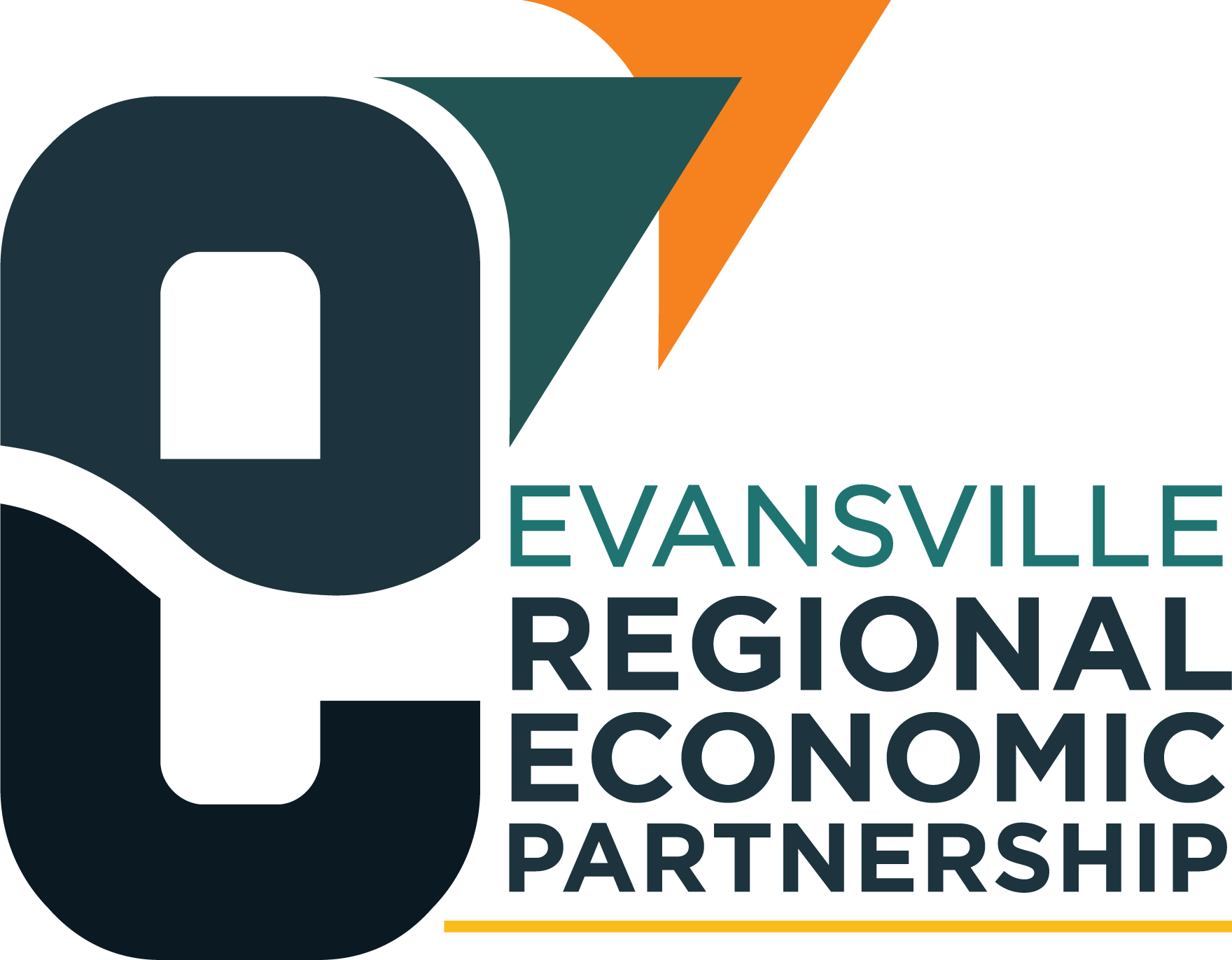Most statehouse devotees agree on two things regarding the 2024 legislative session; it will be fast and lean. The session will essentially start a week later than normal (Jan. 8) with anticipated adjournment perhaps a week before the March 14 statutory deadline. There will almost certainly be over 1000 bills filed. One former legislator wryly noted, “It’s not 1500 good ideas necessarily, but a lot to sort through.” Woe and misery for those tasked with reviewing every piece of legislation introduced. Not to worry – your Rideout Public Affairs professionals are up to the task!
The weeks and months of the interim period are a time to absorb information from discussions with legislators, regulators and fellow lobbyists and anticipate what issues might show up as draft legislation. In the areas of environment and energy, some issues could include:
Definition of PFAS: Per- and polyfluoroalkyl substances commonly referred to as PFAS have become a hot topic in recent years. For decades, PFAS has been used in manufacturing products where a repellent characteristic was desirable. Non-stick, stain-resistant finish and even firefighting foams include the compounds. The inability of these compounds to break down over time have led some to call them “forever chemicals.” As a consequence, PFAS is a concern from the start of the supply chain to the end.
Some states have banned PFAS from products going forward, while other states attempt to regulate PFAS at the end-of-product life, causing concerns for waste disposal and water treatment plants. Legislation is anticipated in Indiana to define PFAS for regulatory purposes, esp. after recent actions by the Indiana General Assembly to eliminate PFAS in firefighting gear may have caused unintended consequences.
Environmental Justice – A movement has developed around environmental justice (EJ) in recent years. Proponents of EJ are reacting to what they see as environmental injustice, citing historically higher exposure to sources of pollution in some communities. EJ efforts by U.S. EPA and state agencies have focused on ensuring the adequacy of public input by impacted communities in the environmental permitting process.
In recent months, the EPA’s authority to implement EJ practices and procedures is the source of litigation that has yet to be determined. States where EJ legislation has been adopted, have in essence, nearly duplicated permit review processes adding a layer of uncertainty for manufacturing and economic development projects.
Regulatory certainty has long-been a primary issue for the business community in Indiana with additional public meetings left up to the discretion of the Commissioner of IDEM. Some in the business community feel the time may be right to preemptively place an end time for further review, which would require legislative action, if desired.
Recycling Market Development Board – The last two meetings of the legislature saw changes to the statute granting authority and giving direction to the Recycling Market Development Board (RMDB). Among other things, the RMDB meets to deliberate on grant applications related to recycling efforts. The funding for the grants comes from a $.50 per ton tipping fee at landfills in Indiana with one half of the fee collected supporting the grants.
Lack of progress in recycling and the desire to spend more of the dedicated funds led to the introduction of bills in 2022 and 2023. The amount of money to be spent and the timing of the grant process has been a sticking point both times. IDEM is expected to include clarifying language in their agency-requested legislation in 2024. Regulators have expressed a desire to keep the legislation “clean” as it moves through the process so as to not create more confusion.
Indiana Energy Conference Recap
Manufacturers, regulators, legislators and utilities gathered earlier in October for the Indiana Energy Conference organized by the Indiana Industrial Energy Consumers, Inc. (INDIEC). The theme for the program was “Energy Transitions and Realities: Continued.”
So many things are changing with regard to energy consumption and production in the US and around the world. Experts served as panelists and offered a thought-provoking look at a variety of energy challenges and opportunities. Highlights included:
Reliability & Resource Adequacy/Decarbonization – As the demand and ability to produce energy with reduced or eliminated carbon; what impact will be felt on reliability? Reliability is often a discussion of volume. How much power is necessary to run the widget factory? An added nuance is the consistency with which the power is delivered. Small interruptions or “flickers” in the stream of power can cause many unintended and expensive consequences.
Renewable Energy – Both supply and demand for renewable energy sources continues to climb. Challenges remain in distribution along with ongoing supply chain issues. Federal incentives and subsidies will extend the growth of this sector into the near future.
Electric Vehicle Charging – Electric vehicle sales are expected to account for 40% of vehicles sold by 2030. Having an effective and accessible charging network – along with the standardization of charging equipment – for these millions of cars will be key to increasing reliance on EVs.
Grid Scale Storage – Attendees enjoyed a presentation by Dr. Peter Schubert from the Lugar Center for Renewable Energy following lunch. Storage of energy at grid scale would significantly multiply the advantages and availability of renewable sources. Pumped Storage Hydropower (PSH) has been in use for quite a while in western parts of the US. However, siting of facilities on otherwise usable greenspace is prohibitive and has led to no new PSH permits for the last 20 years. The presentation by Dr. Schubert centered on using former underground mines in Indiana and southern Illinois for PSH in the future. Click here to access a slide presentation.
If you’ve still got “energy” to learn more, check out these recent articles on related topics:
